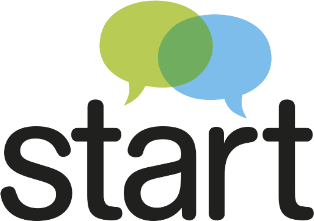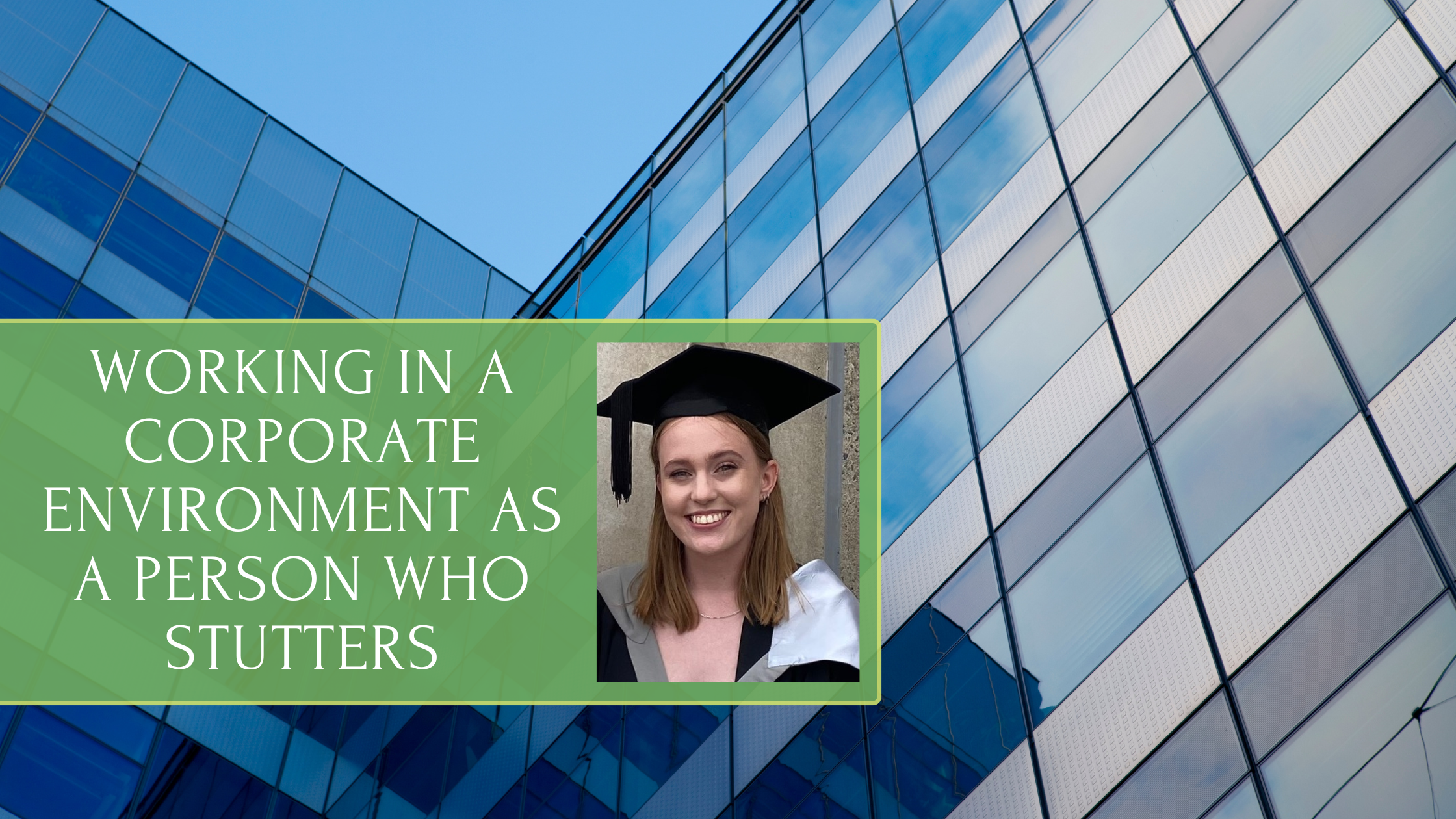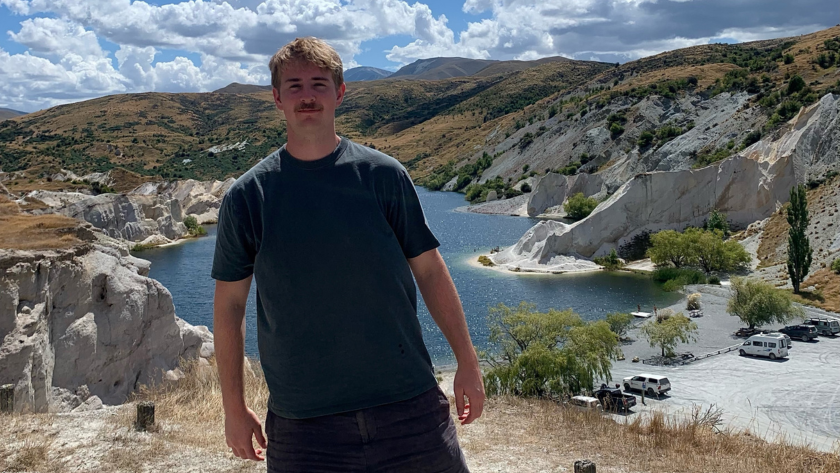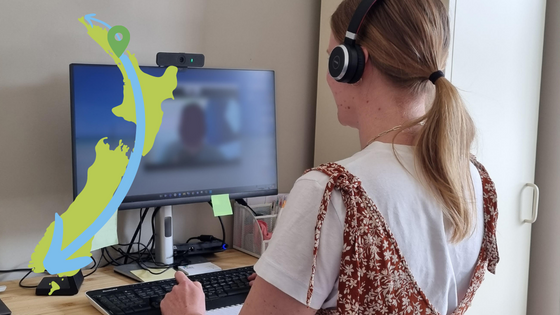The Latest
Everything stuttering and STARTNews and Blog Posts
Working in a corporate environment as a person who stutters
Molly speaks to her lived experience as a person who stutters in a corporate environment.
Breakfast on TV1 with Janelle Irvine and Dean Cook
Janelle and Dean were interviewed on Breakfast to discuss The Genetics of Stuttering Study.
Book Recommendation: Just Ask! Be Different, Be Brave, Be You by Sonia Sotomayor, illustrated by Rafael Lopez
Award winning children’s book Just Ask! Be Different, Be Brave, Be You is a beautifully written and illustrated book reminding us that we’re all unique and our differences are our superpowers – including stuttering! Likening people to flowers – each unique, growing in different ways and needing different things to thrive – this book helps build acceptance and understanding, and normalises the experience of being different.
Celebrating the Unsung Heroes: A Teacher’s Impact on My Journey
Zheen talks to us about the impact a teacher can have on a young person who stutters.
Entering the Workforce as a Person who Stutters – William’s Perspective
William talks to us about his experience and perspective on entering the workforce as a person who stutters.
Navigating Christmas
Felix talks to us about his tips for navigating Christmas as a person who stutters.
Therapy for anyone in Aotearoa who stutters: opportunities emerging from challenges
When our founders set up START over 25 years ago they dreamed that one day anyone in Aotearoa New Zealand who stuttered would be able to get the help they needed. Little could we anticipate that the advent of COVID-19 would be the catalyst to achieving that.
The challenge of meeting new people
Felix talks to us about the challenge of meeting new people as a person who stutters.
Unjustified Dismissal –Supporting people who stutter in the workplace
In July 2020, Olivia Farrelly was dismissed from her job after disclosing her stutter to her employer during an informal performance meeting held at a cafe. Here’s the details.
Research
Supporting research about stuttering is an important part of what we do at START.
Over many years, the START has collaborated with a number of national and international organisations including Australian Stuttering Research Centre (ASRC), University of Technology Sydney (UTS), Murdoch Children’s Research Institute (MCRI) and the New Zealand Coaching and Mentoring Centre (NZMC).
START supports Honours students from Massey University’s Speech Language Therapy Programme and Masters students from the University of Auckland’s Speech Science Programme to complete research into stuttering within New Zealand. Most recently this has involved developing a Teacher Resource – link here
We also support other organisations and individuals in their research, and encourage people who stutter to participate (if interested). Current research projects are listed below:
Current Research Projects:
International perspectives of adults who stutter
Your content goes here. Edit or remove this text inline or in the module Content settings. You can also style every aspect of this content in the module Design settings and even apply custom CSS to this text in the module Advanced settings.
Your Title Goes Here
Your content goes here. Edit or remove this text inline or in the module Content settings. You can also style every aspect of this content in the module Design settings and even apply custom CSS to this text in the module Advanced settings.
We’ve also been involved with:
- Exploring teachers’ attitudes: Knowledge and classroom strategies for children who stutter in New Zealand (2020)
- Anxiety in 11-Year-Old Children Who Stutter: Findings From a Prospective Longitudinal Community Sample (2017)
- Is Mentoring Effective for Adults Who Stutter? (2016). Presented at NZSTA Conference as part of Master’s Thesis.
- The Lidcombe Program of early stuttering intervention: Mothers’ experiences (2010)
- Developing treatment for adolescents who stutter: A phase I trial of the Camperdown Program (2008)
- Stuttering and its treatment in adolescence: The perceptions of people who stutter (2008)
- Extended follow-up of a randomized controlled trial of the Lidcombe Program of Early Stuttering Intervention (2008)
- Randomised controlled trial of the Lidcombe Program of early stuttering intervention (2005)
Let's chat!
If you want to have a kōrero with one of our team about stuttering or explore whether therapy could be beneficial, we're here to help.
You’re not alone in this - our team is here to support you.









